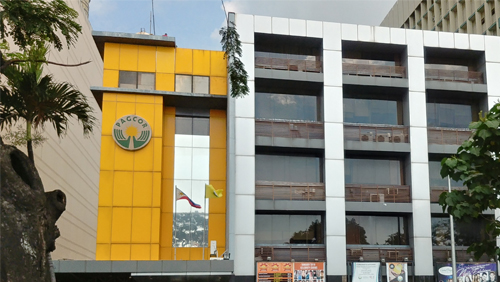Sports gambling is sweeping across the US, with over 20 states already onboard and many more putting the final touches on their own legal frameworks. Companies are diving into the sports gambling ecosystem on a non-stop basis, ready to offer anything that can be tied to the activity in some manner. The latest company to get in on the sports gambling craze is Roundhill Investments, which wants to launch a sports gambling exchange-traded fund (ETF). If it’s able to pull it off, it would become the first ETF-related company to offer such a fund.
Roundhill has already submitted the necessary paperwork with the Securities and Exchange Commission (SEC to be able to offer the Roundhill Sports Betting and iGaming ETF. It hopes to launch on the New York Stock Exchange using the ticker symbol BETZ, and would be used to track the performance of the common stock of publicly-traded companies in the sports gambling space. It would include “pure play” entities, those whose main business is sports gambling, “core” sports gambling companies, those with a focus on the ecosystem, and non-core companies, those that derive an income by supplying technology and equipment to sportsbooks.
Roundhill points out that the fund will “generally invest all, or substantially all, of its assets in the component securities that make up the Index. Under normal circumstances, at least 80% of the Fund’s total assets (exclusive of any collateral held from securities lending) will be invested in the component securities of the Index and depositary receipts representing Index components.” It adds that it will use a “replication” strategy in order to “achieve its investment objective, meaning the Fund generally will invest in all of the component securities of the Index in approximately the same proportions as in the Index. However, the Fund may use a ‘representative sampling’ strategy, meaning it may invest in a sample of the securities in the Index whose risk, return, and other characteristics closely resemble the risk, return, and other characteristics of the Index as a whole, when the Fund’s sub-adviser believes it is in the best interests of the Fund (e.g., when replicating the Index involves practical difficulties or substantial costs, an Index constituent becomes temporarily illiquid, unavailable, or less liquid, or as a result of legal restrictions or limitations that apply to the Fund but not to the Index).”
Roundhill has previous experience with sports-related ETFs. It presented its Roundhill BITKRAFT Esports & Digital Entertainment ETF to the SEC in May of last year, and is found on the NYSE Arca exchange under the ticker NERD. It was introduced on June 7, 2019, at $15.39, and, after seeing gains that took it to $16.75 last month, is now trading at $14.30.












